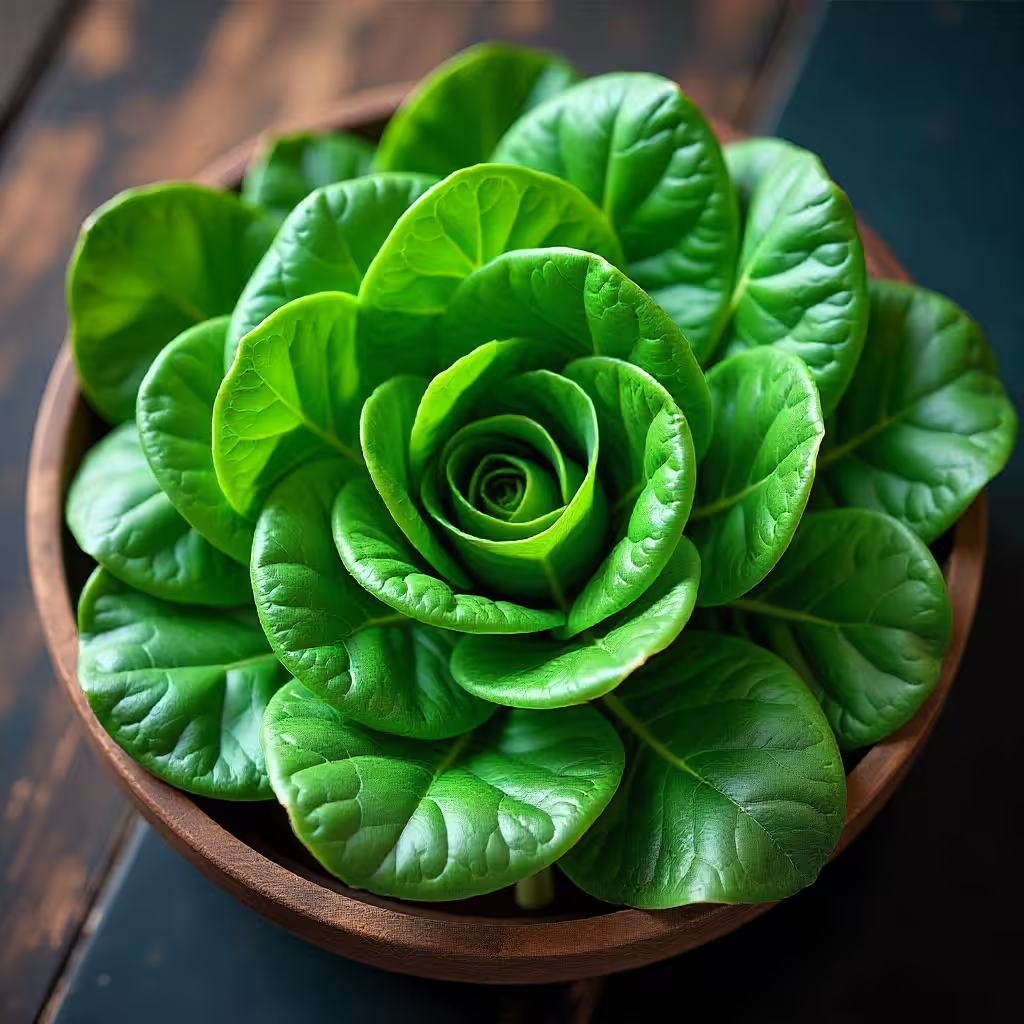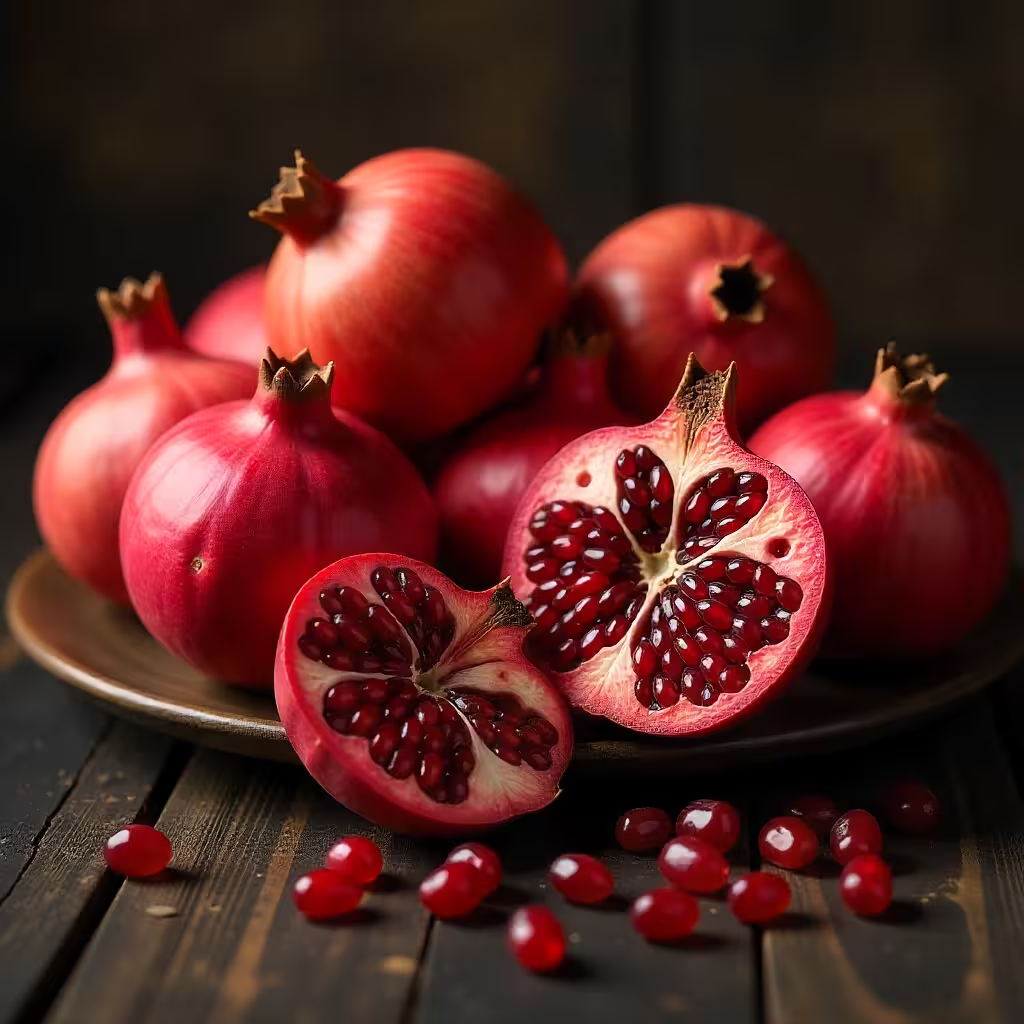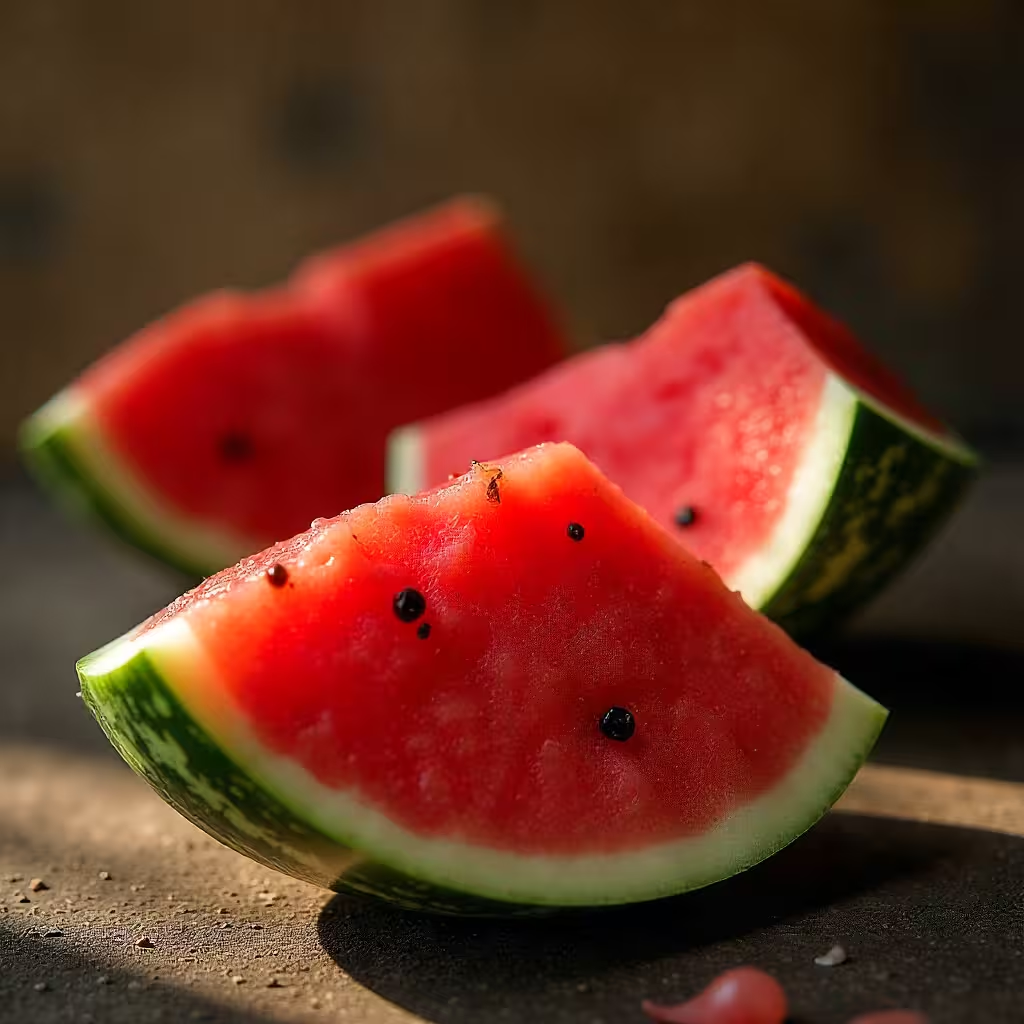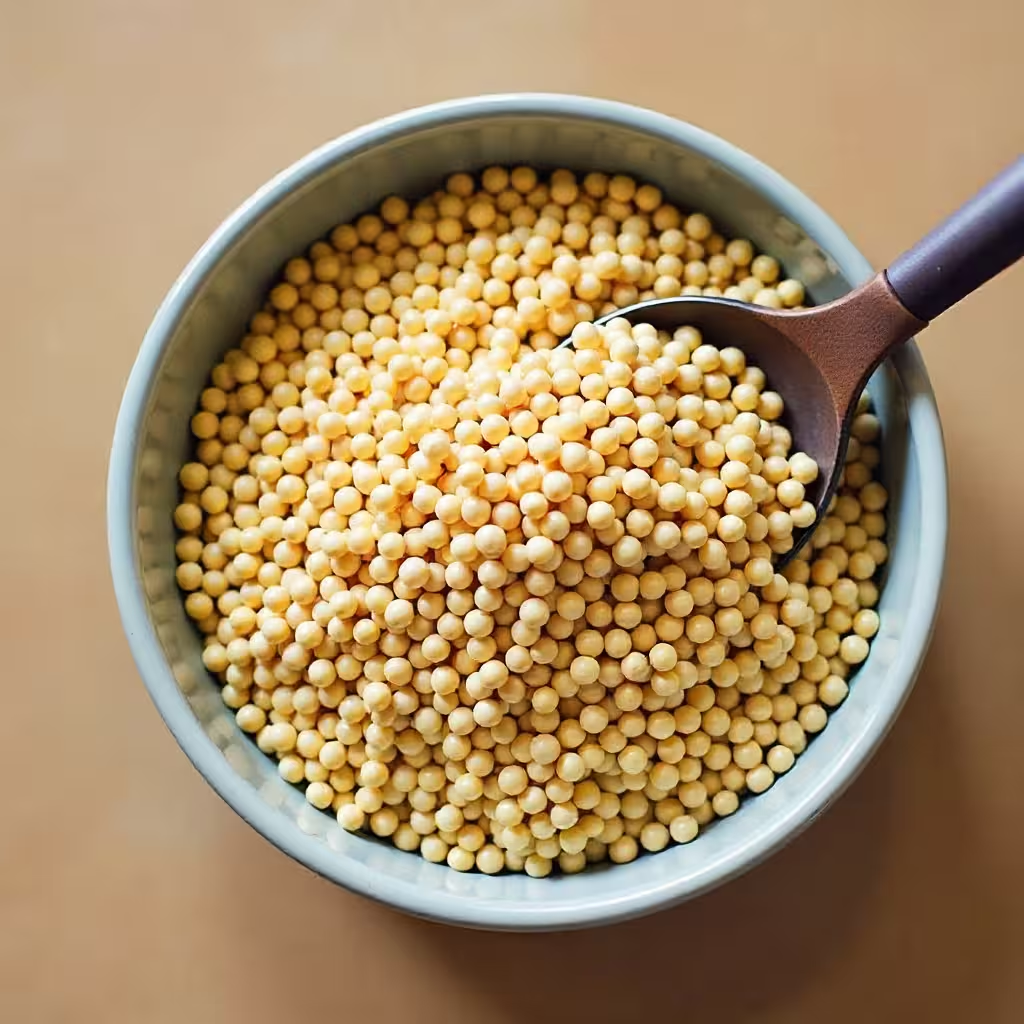Pomegranates: Hidden Benefits for Radiant Skin and Anti-Aging
Pomegranates have been revered for thousands of years across ancient civilizations, from Persia to Egypt, where they were considered symbols of eternal youth and vitality. Today, modern science is finally catching up to what our ancestors intuitively knew—these ruby-red jewels are among nature's most powerful anti-aging foods. Each pomegranate contains hundreds of arils bursting with a unique combination of punicalagins, ellagic acid, and potent antioxidants that work synergistically to protect and rejuvenate your skin from the cellular level. What sets pomegranates apart from other fruits is their exceptional ability to not just defend your skin against damage, but actually stimulate the regeneration of new skin cells and preserve the collagen matrix that keeps your complexion firm and youthful. When you consume pomegranate regularly, you're essentially giving your skin access to compounds that cosmetic companies spend millions trying to replicate in their most expensive anti-aging products, yet nothing quite matches the bioavailability and effectiveness of eating the whole fruit.
How Pomegranates Protect and Regenerate Your Skin's Collagen
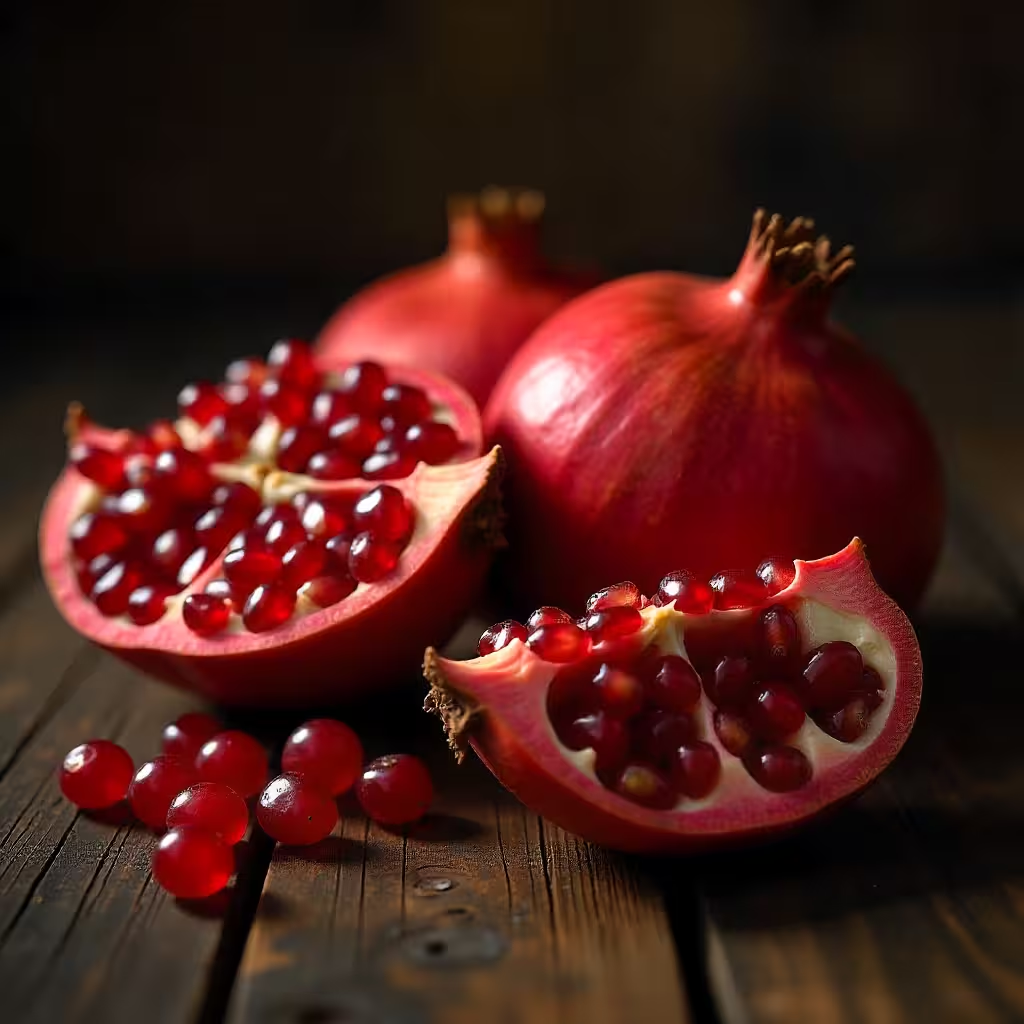
The most impressive aspect of pomegranates for skin health lies in their unique polyphenols called punicalagins, which are rarely found in such high concentrations in any other food source. These powerful compounds have been shown in numerous studies to actively protect your existing collagen from breaking down while simultaneously encouraging your fibroblasts—the cells responsible for producing collagen—to work more efficiently. As we age, our bodies naturally produce less collagen each year, starting as early as our mid-twenties, which leads to the gradual appearance of fine lines, sagging, and loss of that youthful plumpness we associate with young skin. Pomegranates essentially help slow this decline by creating a protective environment where your collagen can thrive for longer periods. Research has demonstrated that pomegranate extract can inhibit the activity of collagenase, an enzyme that breaks down collagen structure in your skin. Beyond protection, pomegranate compounds actually promote the synthesis of procollagen, the precursor to functional collagen, meaning your skin maintains better structural support naturally as you incorporate this fruit into your regular diet.
Pomegranates' Defense Against UV Damage and Photo-Aging

Sun exposure remains one of the primary accelerators of skin aging, responsible for up to eighty percent of visible aging signs on your face, neck, and hands. This is where pomegranates truly shine as a protective food that works from the inside out to shield your skin against harmful UV radiation. The polyphenols in pomegranates, particularly ellagic acid and gallic acid, have demonstrated remarkable abilities to absorb UV radiation and neutralize the free radicals that form when sunlight penetrates your skin. When you eat pomegranate regularly, these compounds circulate through your bloodstream and accumulate in your skin tissues, essentially creating an internal sunscreen that complements your topical protection. Studies have shown that pomegranate consumption can increase your skin's natural sun protection factor, meaning it takes longer for UV rays to cause redness and inflammation. This doesn't replace the need for external sunscreen, but it adds an extra layer of defense that helps prevent the DNA damage, pigmentation issues, and collagen breakdown that lead to premature wrinkles, age spots, and leathery texture that we typically associate with sun-damaged skin.
Pomegranates as Natural Skin Cell Regenerators and Healers

One of the most fascinating discoveries about pomegranates is their ability to actually promote skin cell turnover and regeneration at a faster, healthier rate. Your skin naturally sheds dead cells and replaces them with fresh ones, but this process slows significantly as you age, leading to dull, rough texture and slower healing from blemishes or minor damage. Pomegranates contain compounds that support the proliferation of keratinocytes, the predominant cells in your epidermis, helping your skin maintain that fresh, radiant appearance associated with youth. The fruit also provides support for your skin's deepest layer, the dermis, by promoting healthy cell division in fibroblasts and encouraging better circulation to skin tissues. This improved blood flow means your skin cells receive more oxygen and nutrients while waste products are removed more efficiently, resulting in a natural glow that no highlighter can replicate. Additionally, pomegranate's anti-inflammatory properties help calm irritation and redness, making it particularly beneficial for those dealing with sensitive skin, rosacea, or the kind of chronic low-level inflammation that accelerates visible aging and creates an uneven, blotchy complexion.
Pomegranates and Their Impact on Skin Hydration and Barrier Function
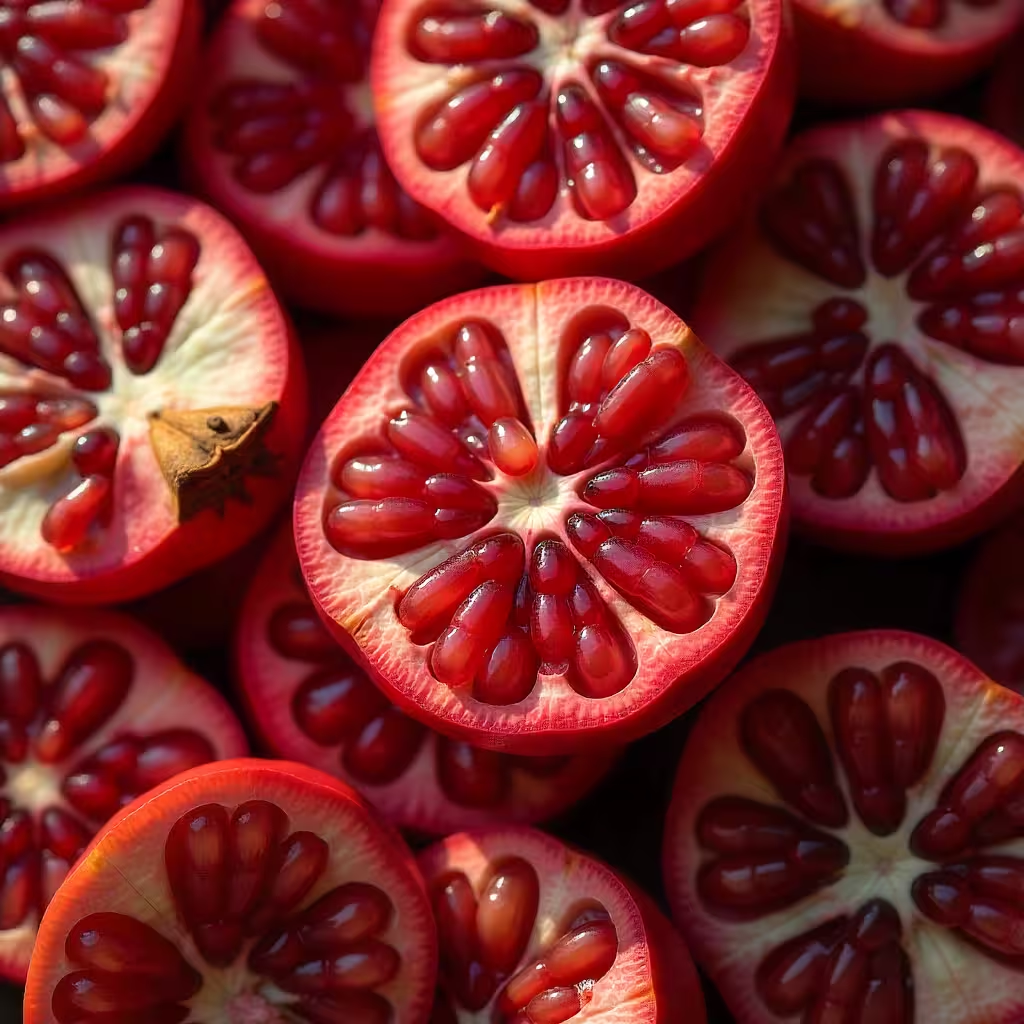
Maintaining proper skin hydration becomes increasingly challenging as we age because our skin's natural barrier function weakens over time, allowing moisture to escape more easily while making skin more vulnerable to environmental irritants and pollutants. Pomegranates offer remarkable support for your skin's protective barrier through multiple mechanisms that work together to keep your complexion plump, supple, and resilient. The fruit contains essential fatty acids that help strengthen the lipid matrix between your skin cells, essentially fortifying the mortar that holds the bricks of your skin together. When this barrier is strong, your skin retains moisture more effectively, appears fuller and smoother, and resists the kind of dehydration that emphasizes fine lines and creates a crepey texture. Pomegranate also supports the production of natural moisturizing factors within your skin cells themselves, helping your complexion maintain hydration from within rather than relying solely on topical moisturizers. The vitamin C content in pomegranates further enhances this effect by supporting the formation of ceramides, essential lipids that play a crucial role in maintaining your skin's water-holding capacity and protecting against trans-epidermal water loss that leaves skin feeling tight, flaky, and prematurely aged.
How to Maximize Pomegranates' Skin Benefits in Your Daily Life
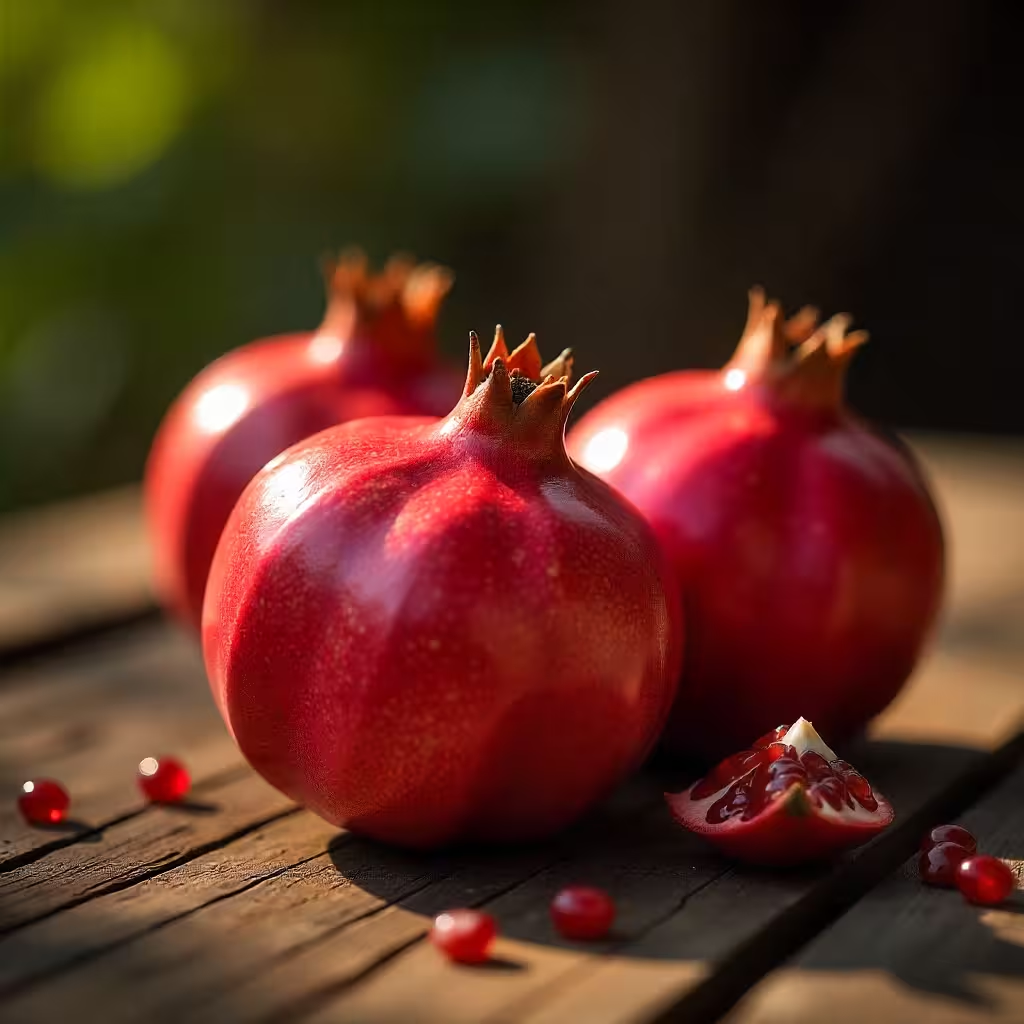
Getting the most skin-enhancing benefits from pomegranates requires understanding both how to select the best fruit and how to incorporate it consistently into your routine for lasting results. Fresh pomegranates are at their peak from October through January, and you'll want to choose fruits that feel heavy for their size with firm, unblemished skin—this indicates juicy, antioxidant-rich arils inside. A whole cup of pomegranate arils about four to five times per week provides optimal benefits for skin health, though even smaller amounts consumed daily will deliver noticeable improvements over time. You can sprinkle the arils over Greek yogurt for breakfast, blend them into smoothies, toss them into salads for a burst of sweet-tart flavor, or simply enjoy them as a refreshing snack. Pure pomegranate juice is another option, but choose varieties with no added sugar and remember that whole arils provide beneficial fiber that juice lacks. For maximum antioxidant absorption, consider pairing pomegranates with a source of healthy fat like nuts, avocado, or olive oil, since some of their beneficial compounds are fat-soluble. Most people begin noticing improvements in skin texture, tone, and radiance within six to eight weeks of consistent consumption, with more dramatic anti-aging effects becoming apparent after several months as your skin's collagen structure strengthens and cellular regeneration optimizes.


